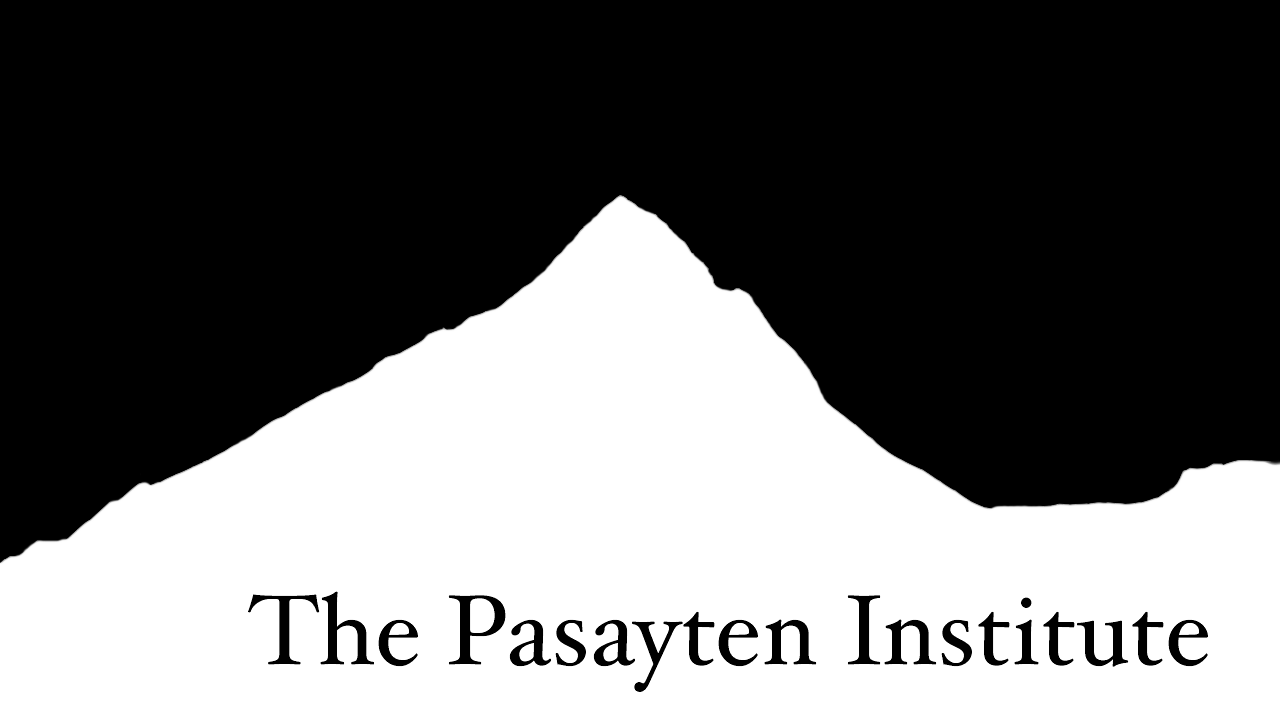Avoiding Burnout
Title image and basically this whole discussion is built by the folks at Black in Physics. Go check them out!
Avoding Burnout in a high stakes Academic Environment
Physics Today has published a series of articles on avoiding burnout as a part of its Black In Physics Week series. Each essay is a welcome reminder of the difficulties of Academia and affords clarity around the tremendously uneven ground physics majors and professionals must tread, textured by their race and personal history.
Racism sucks, and while explicit hate speech and policies no longer are acceptable, they are the tip of the proverbial iceberg. Implicit and structural racism persists, and we all have a lot of work left to fight against it. For those swimming against these currents, the added labor - emotional, professional and otherwise - can make avoiding burnout in a field famous for it, that much more difficult.
No matter who you are, if you’re looking for a career in the Academy, this advice is valuable.
Astrophysicist and Professor Emeritus Gibor Basri of UC Berkley observes that burnout is temporary and can be overcome, and that actively working for structural change need not derail your scientific career.
Professor of Physics and Phyllis A. Wallace Dean of Diversity and Faculty Development Larry Gladney of Yale University recounts his own long history of "burn-in", that is, putting in ever more work to produce ever more results, and how to avoid that treadmill at the expense of your own humanity.
Particle Experimentalist and Assistant Professor Danielle Speller of John Hopkins University explores the paradox around being deeply invested in your work and learning to isolate your sense of self-worth from that frenetic environment.
Meeting Students where They Are
In the latest reason of Malcolm Gladwell's podcast Revisionist History, he explores the trouble with Academia more broadly as it ties to the remarkably arbitrary US News and World Report "rankings" of universities. His analysis falls squarely on strategy. Notably, Harvard's physics department graduates a lower percentage of Black physics majors than many of the HBCU's. The observed reason? Ivy Leauge physics departments "cream off the top", where as HBCU's - like Dillard University - meet students where they are.
